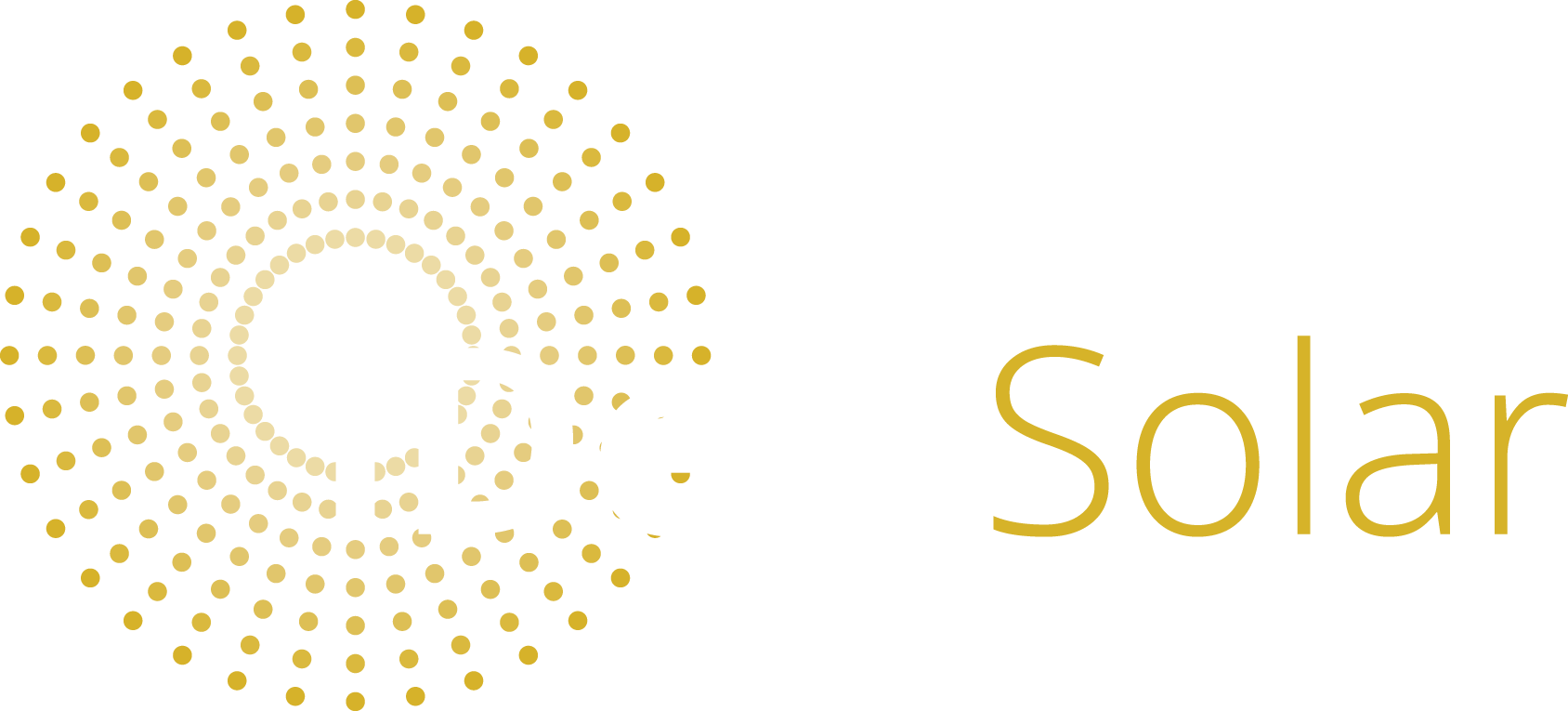[vc_row type=”full_width_background” full_screen_row_position=”middle” column_margin=”default” column_direction=”default” column_direction_tablet=”default” column_direction_phone=”default” scene_position=”center” bottom_padding=”5%” text_color=”dark” text_align=”left” row_border_radius=”none” row_border_radius_applies=”bg” overlay_strength=”0.3″ gradient_direction=”left_to_right” shape_divider_position=”bottom” bg_image_animation=”none” shape_type=””][vc_column column_padding=”no-extra-padding” column_padding_tablet=”inherit” column_padding_phone=”inherit” column_padding_position=”all” background_color_opacity=”1″ background_hover_color_opacity=”1″ column_shadow=”none” column_border_radius=”none” column_link_target=”_self” gradient_direction=”left_to_right” overlay_strength=”0.3″ width=”1/1″ tablet_width_inherit=”default” tablet_text_alignment=”default” phone_text_alignment=”default” column_border_width=”none” column_border_style=”solid” bg_image_animation=”none”][vc_column_text]Solar panel efficiency is an important factor to consider when looking to invest in renewable energy. It refers to the amount of sunlight that can be converted into usable electricity by a solar panel, and it is an essential factor in determining the overall effectiveness of a solar power system.
Solar panel efficiency has been improving significantly over the years. The first solar panels had an efficiency of only 6%, which means that they could only convert 6% of the sunlight that they received into usable energy. However, modern solar panels can achieve efficiencies of over 20%, and research is ongoing to increase this even further.
There are several factors that affect solar panel efficiency, including the type of material used, the temperature of the panel, and the amount of sunlight that it receives. Most solar panels are made from silicon, which is a highly efficient material for converting sunlight into electricity. However, there are also alternative materials being developed, such as perovskite and thin-film solar cells, which could potentially be even more efficient.
Temperature is also a critical factor in solar panel efficiency. Solar panels work best when they are cool, and their efficiency decreases as they get hotter. This is because heat causes electrons in the solar panel to move more slowly, which reduces the amount of electricity that can be generated.
Finally, the amount of sunlight that a solar panel receives is also crucial. Ideally, solar panels should be installed in a location that receives as much sunlight as possible. This can be achieved by positioning them on a south-facing roof or in an area that is free from shading.
In conclusion, solar panel efficiency is a critical factor in determining the effectiveness of a solar power system. With advancements in technology, solar panel efficiency is improving all the time, and we can expect to see even more significant improvements in the future. By investing in high-efficiency solar panels and ensuring that they are installed in the optimal location, homeowners and businesses can maximise the amount of clean energy that they generate and reduce their reliance on fossil fuels.[/vc_column_text][/vc_column][/vc_row]

